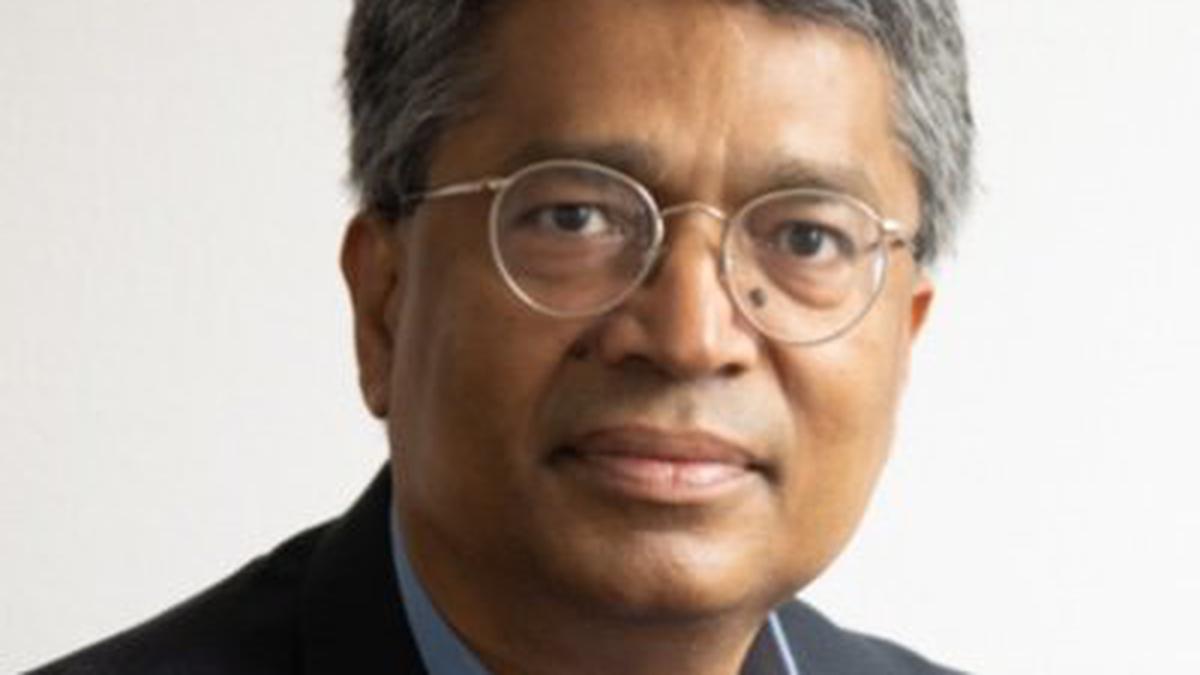
HC sets aside order cancelling OCI status of academic Ashok Swain
The Hindu
The Delhi High Court on July 10 quashed an order of the Central government cancelling the Overseas Citizenship of India (OCI) status of academic Ashok Swain.
The Delhi High Court on July 10 quashed an order of the Central government cancelling the Overseas Citizenship of India (OCI) status of academic Ashok Swain.
Mr. Swain — professor and head of department at the Department of Peace and Conflict Research, Uppsala University in Sweden — said that pursuant to a show-cause notice issued in 2020, his OCI card was arbitrarily barred on the alleged premise that he was indulging in inflammatory speeches and anti-India activities.
In the plea challenging the decision, Mr. Swain said that the authorities cancelled his OCI status on February 8 last year without giving him a fair and just opportunity, in violation of his right to free movement.
The High Court noted that the order did not give any reasons and it “hardly gave any indication of application of mind”.
“Other than repeating the Section (under which the OCI card was cancelled) as a mantra, no reason is given in the order as to why the registration of the petitioner as a OCI card holder has been revoked,” Justice Subramonium Prasad said.
The court directed the Centre to pass a detailed order within three weeks giving reasons for exercising its powers under the Citizenship Act, 1955.
“The impugned order is set aside. Respondents (Centre) are directed to complete the exercise within three weeks,” the court said.













